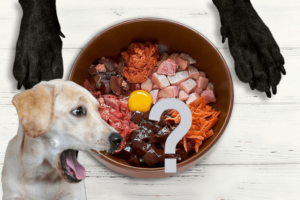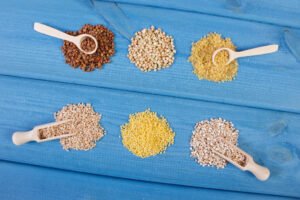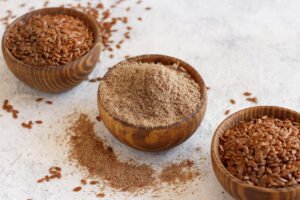In the cozy corners of our kitchens, where laughter is shared and memories are made, milk remains a beloved staple. Yet, when our four-legged family members gaze up at us with those pleading eyes, a question bubbles up: is it really okay to share a splash of milk with them? The debate around dairy and dogs is as old as any, teeming with opinions and anecdotes. Today, let’s pour ourselves into the heart of this discussion, exploring if milk is a treat or a no-go for our canine friends.
The Lactose Conundrum
At the center of this creamy debate is lactose intolerance. Much like a puzzle missing a crucial piece, many adult dogs lack the enzyme lactase, essential for breaking down lactose found in milk. This gap in their digestive toolkit can turn a simple sip into an episode of discomfort, showcasing symptoms like diarrhea and vomiting that no pet parent wants to see.
Milk’s Menu: A Nutritional Breakdown
Milk dances into the room, flaunting its nutrients like calcium, vitamins D and B12, and protein. These are undeniably beneficial, yet our dogs might whisper, “Thanks, but I’ve got my own snacks.” The truth is, the canine digestive system is tuned to different frequencies, capable of harmonizing with nutrients from sources that resonate better with their natural diet.
When Milk Might Sour the Situation
Beyond lactose intolerance, milk can stir up other troubles like allergic reactions and unwanted weight gain due to its calorie content. Imagine milk as that guest who overstays their welcome, nudging out balanced meals from your dog’s diet, leading to nutritional imbalance. It’s a delicate dance of moderation and understanding your dog’s health needs.
Dairy, but Make It Dog-Friendly
For those moments when you want to share the dairy delight, there’s a silver lining. Low-lactose or lactose-free options such as certain cheeses and yogurts enter the stage, offering a compromise. These alternatives can be gentler on your dog’s stomach, allowing them to join the dairy festivity in moderation.
Pouring Out the Conclusion
Deciding whether to introduce milk into your dog’s diet is akin to crafting a personalized recipe. It requires a blend of understanding their health, acknowledging the possibility of lactose intolerance, and measuring the nutritional benefits against the risks. Milk, with all its creamy allure, may not be the ideal treat for every dog. Consulting with a veterinarian can serve as your guiding star, ensuring your dog’s diet supports their health and happiness.
Let’s Chat Dairy and Dogs
Are you navigating the dairy dilemma with your furry companion? Share your stories, questions, and tips with us below or on social media. Together, let’s discover the best ways to nourish our pets, ensuring their tails keep wagging happily and healthily.

























